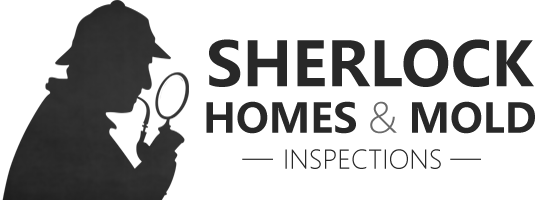Molds release tiny spores and even smaller particles that travel through the air. Everyone inhales some mold every day without apparent harm; however, molds can cause allergy, irritation or inflammation, or rarely, infection. Allergic reactions are the most well-recognized responses to inhaling mold spores, and some people are more sensitive to the effects of dampness mold. However, it is becoming increasingly clear that individuals not sensitized to mold may experience health effects.
We know that dampness and mold cause health effects both in allergic and non-allergic people. If you can see mold, water damage, or moisture, or smell mold, there is at least some increased health risk. The more extensive or severe the dampness and mold, the greater the risk of health effects. We do not know whether specific types of mold are responsible, or whether bacteria or chemical emissions related to dampness also cause some of the health problems. The health effects consistently associated with indoor dampness and molds include:
- Causation of new asthma
- Asthma attacks in those who already have asthma
- Allergic rhinitis (sneezing, congested nose, or runny nose)
- Upper respiratory symptoms, such as stuffy or congested nose or sinuses, sore throat, or irritated nose or throat
- Lower respiratory symptoms, such as wheezing, difficulty breathing, shortness of breath, or cough
- Respiratory infections such as acute bronchitis
- Eye irritation (burning, watery, or reddened eyes)
- Eczema and skin rashes or irritation

Recent Comments